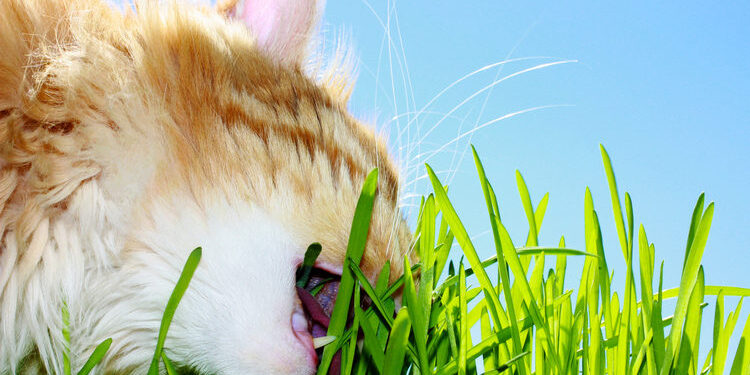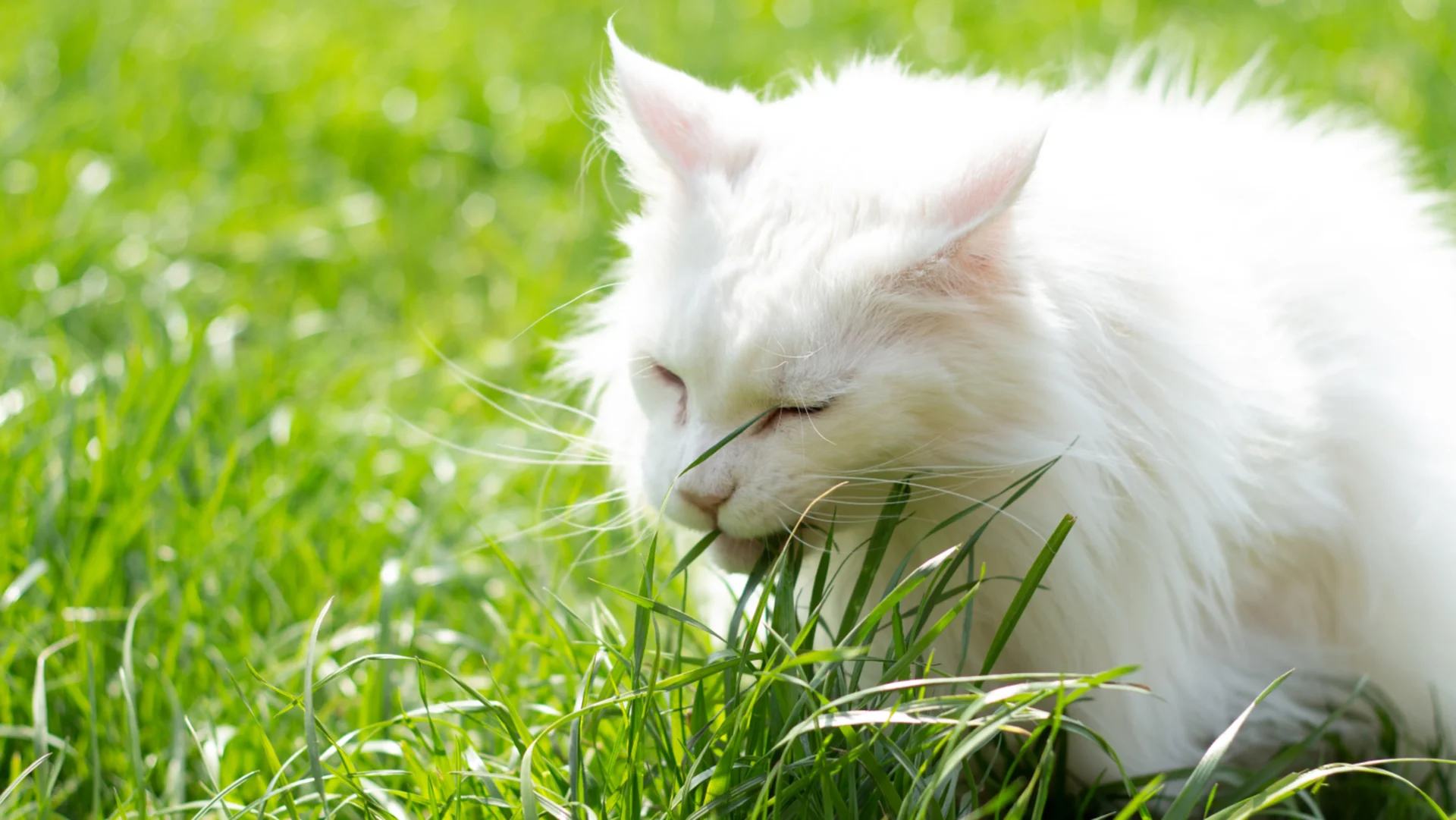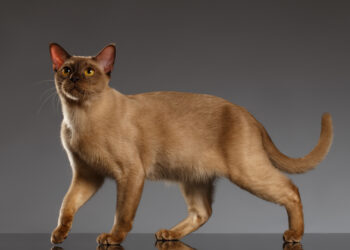Cats are renowned for their quirky and endearing behaviors, and among them, the peculiar act of eating dirt often raises eyebrows. Whether it’s a kitten’s playful exploration or a sign of an underlying medical issue, deciphering the reasons behind this behavior is crucial for a cat owner.
Unraveling the Mysteries: Why Cats Eat Dirt
When you catch your feline friend munching on dirt, various factors could be at play, ranging from innocent curiosity to potential health concerns. It’s advisable to consult your veterinarian to rule out medical issues as the first step in addressing this behavior.
Medical Triggers
1. Anemia
Cats may indulge in dirt or litter consumption due to anemia, which can result from nutritional deficiencies or signal a more severe illness. Anemia deprives the body’s cells of oxygen, leading to observable symptoms in cats. Ensuring a well-balanced diet or seeking professional advice becomes paramount.
2. Nutritional Deficiencies
Adult cats might resort to eating dirt when lacking essential nutrients. Switching to a cat food brand certified by AAFCO for nutritional adequacy or consulting your vet for dietary recommendations can address this issue. Maintaining a balanced diet is crucial, avoiding excessive treats to prevent diet imbalances.

3. Pica Syndrome
Pica, the inclination to consume non-edible items, could manifest in cats as an urge to eat fabrics, elastics, cardboard, paper, or plastic. While the exact cause of pica remains unclear, factors such as dietary deficiencies, genetics, boredom, compulsive disorder, or stress are speculated triggers.
Behavioral Influences
1. Curiosity
Kittens may experiment with eating dirt as part of their natural curiosity and exploration. Typically, they learn to curb this behavior over time.
2. Boredom
Cats, being intelligent creatures with inherent predatory instincts, require mental and physical stimulation. Lack of engagement can lead to boredom, resulting in various behavioral issues, including dirt consumption.

3. Stress and Anxiety
Changes in a cat’s environment, such as introducing a new pet or moving homes, can induce stress-related behaviors like eating dirt. Even seemingly insignificant alterations, like rearranging furniture, might affect a cat’s well-being.
4. Inherent Behavior
In some cases, cats may exhibit dirt-eating behavior without a discernible cause. Accepting it as an idiosyncrasy and providing alternative activities for the cat might be the only solution.
The Perils of Cats Eating Dirt
Observing your cat engaging in this behavior necessitates immediate attention, as it poses risks such as exposure to pesticides, choking, dental damage, and ingestion of soil-dwelling parasites.
Preventive Measures
- Distraction Technique: Redirect your cat’s attention by calmly calling its name and offering an appropriate chew item or initiating playtime.
- Plant Placement: Keep indoor potted plants out of your cat’s reach to minimize the temptation to indulge in dirt consumption.
- Physical and Mental Stimulation: Ensure your cat remains active and mentally stimulated to prevent boredom-induced dirt-eating. Interactive play, scratching posts, and a window for outside observation can be beneficial.
- Addressing Stressors: Identify and alleviate potential stress factors in your cat’s life, such as significant routine changes or family structure adjustments.
- Chew Toys: Provide alternative outlets for chewing behavior, like catnip or engaging toys, to divert attention from dirt.
- Professional Assistance: If all else fails, seek guidance from a certified cat behavior professional and consult with your vet to modify the behavior effectively.
If you suspect your cat is unwell, contact your veterinarian promptly. For health-related concerns, always consult with your vet, as they possess the necessary knowledge of your pet’s health history to provide the best recommendations.





















